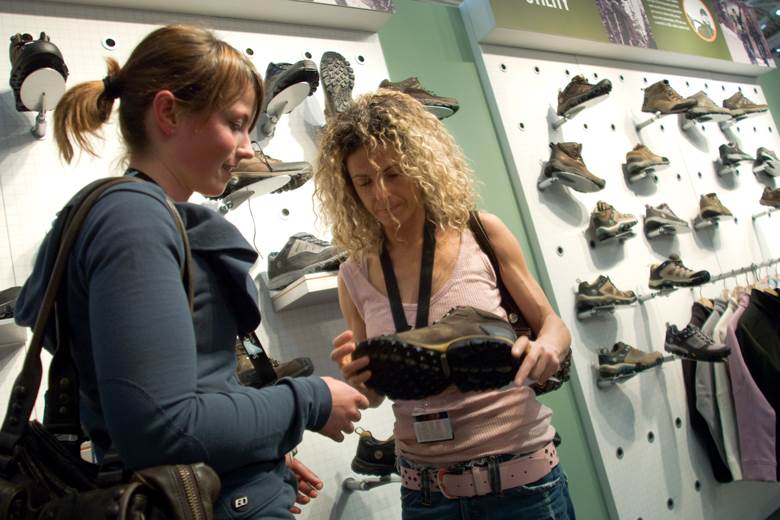Timberland aims to be net positive by 2030
01/09/2020

Products will also be designed for circularity (recyclable), and be made using materials that would have otherwise gone to waste (plastic bottles, scrap leather, scrap wool).
Timberland has invested in ‘regenerative agriculture’ research for more than a year. The company said: “Regenerative practices animals to roam and graze in their natural patterns, giving the land a chance to rest and heal. And they ensure a variety of crops, replicating the diversity found in nature. These practices enable the land to pull carbon out of the atmosphere and efficiently store it in the ground, rebuilding the structure of the soil and leading to healthy, hydrated, fertile ground – and ultimately, net positive impacts for the land and the farmers.”
Timberland is working to build a regenerative leather supply chain in the US, Australia, and Brazil. The brand recently announced a partnership with the Savory Institute to fund research into the tangible benefits of regenerative agricultural practices.
This autumn, Timberland launches its first collection of boots made using Regenerative Leather, with plans to scale significantly in the coming seasons. This leather was sourced from Thousand Hills Lifetime Grazed regenerative ranches in the US through sourcing partner Other Half Processing.
Colleen Vien, director of sustainability for Timberland, said: “The environment today is in a degraded state. As a footwear and apparel brand, we are part of the problem.
“For decades Timberland has worked to minimize our impact, but it’s time to do better than that. Imagine a boot that puts more carbon back into the land than was emitted during production. By following nature’s lead, and focusing on circular design and regenerative agriculture, we aim to tip the scales to have a net positive impact – to go beyond sustainability and help nature thrive.
“We are incredibly excited about this journey, and hope to inspire the industry as a whole to work together and change the trajectory of our collective future.”
Beyond leather, Timberland is working with pioneering regenerative farmers to pilot new regenerative rubber, cotton, wool, and sugarcane supply chains in pursuit of its 2030 goals.
Photo: Inspecting a Timberland boot at ISPO. Credit: ISPO










